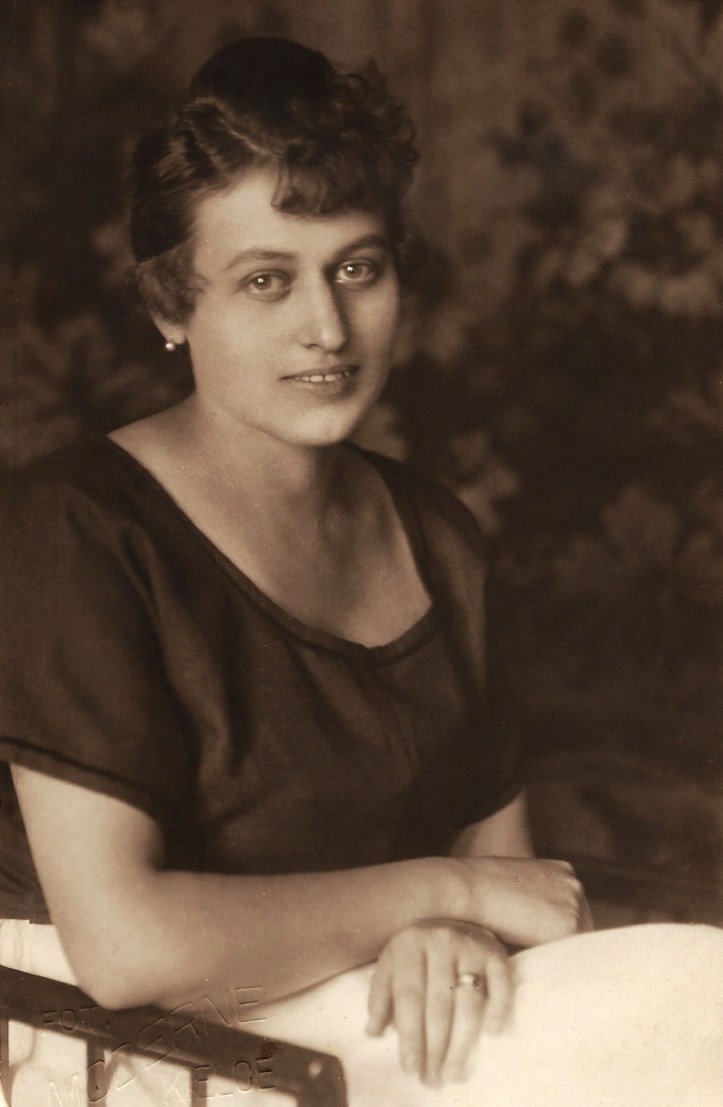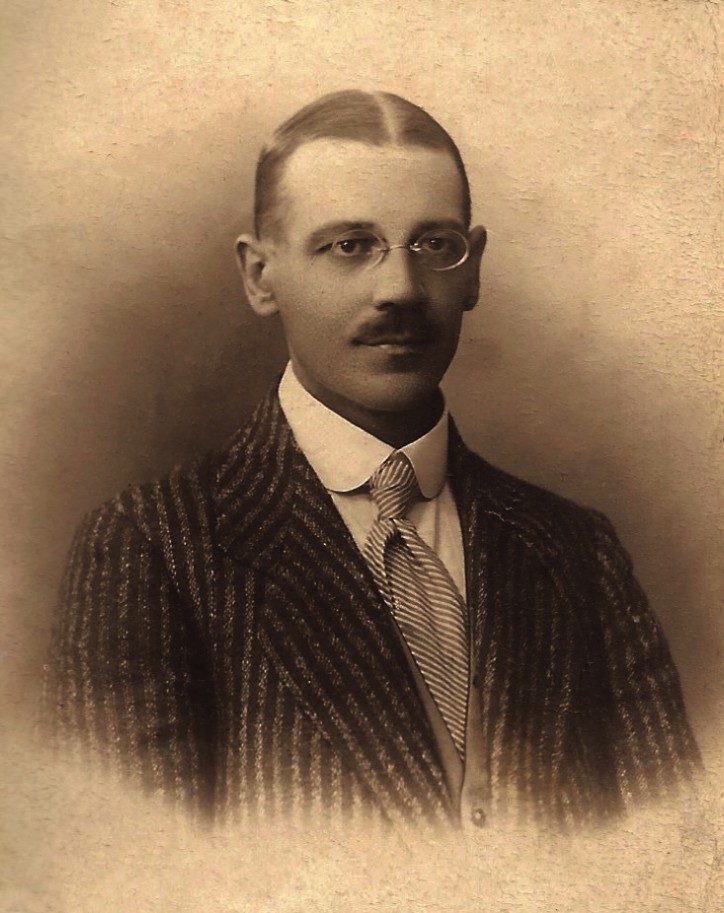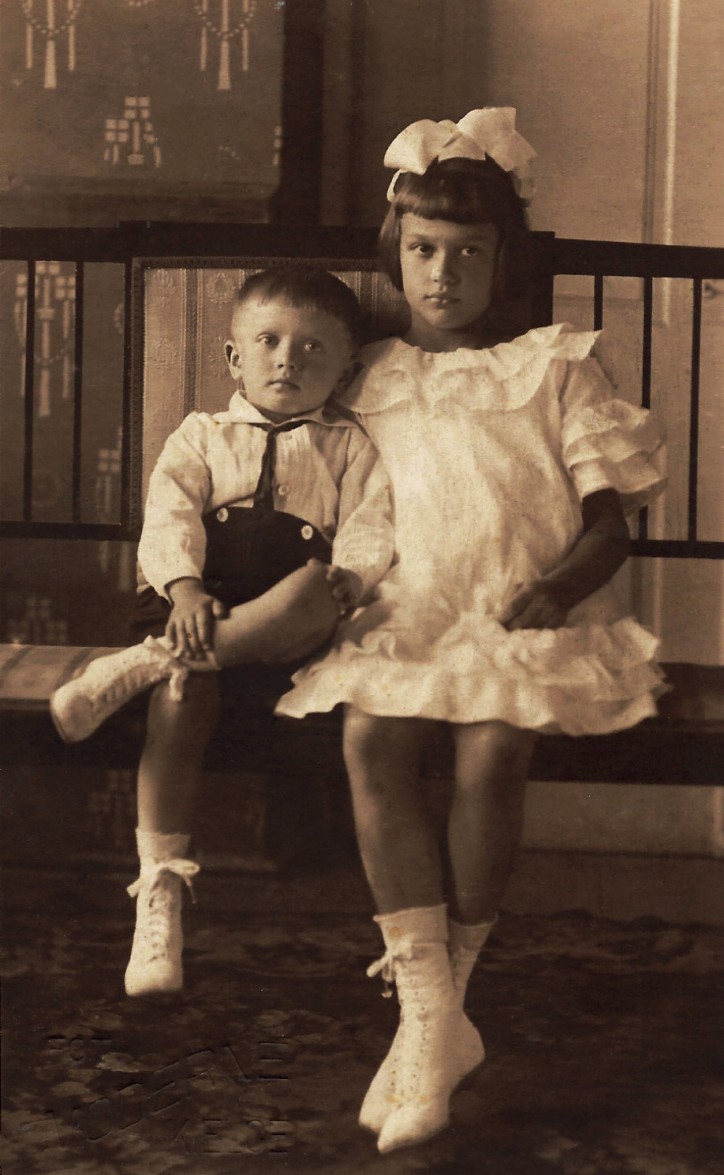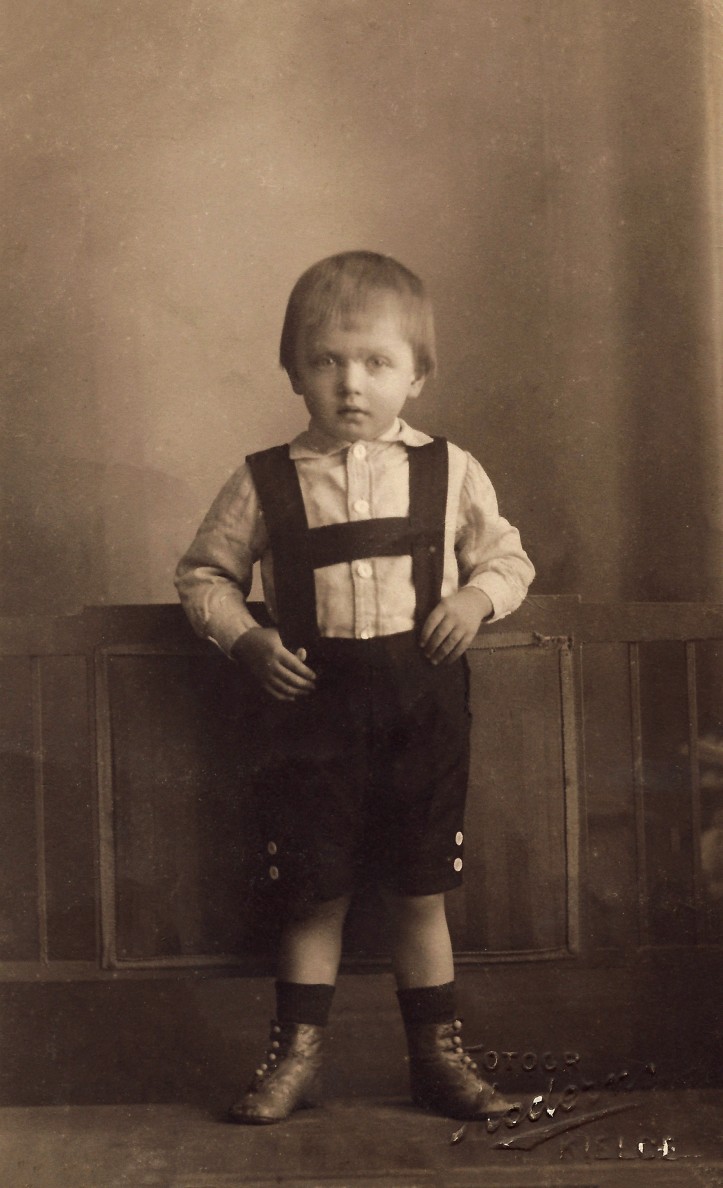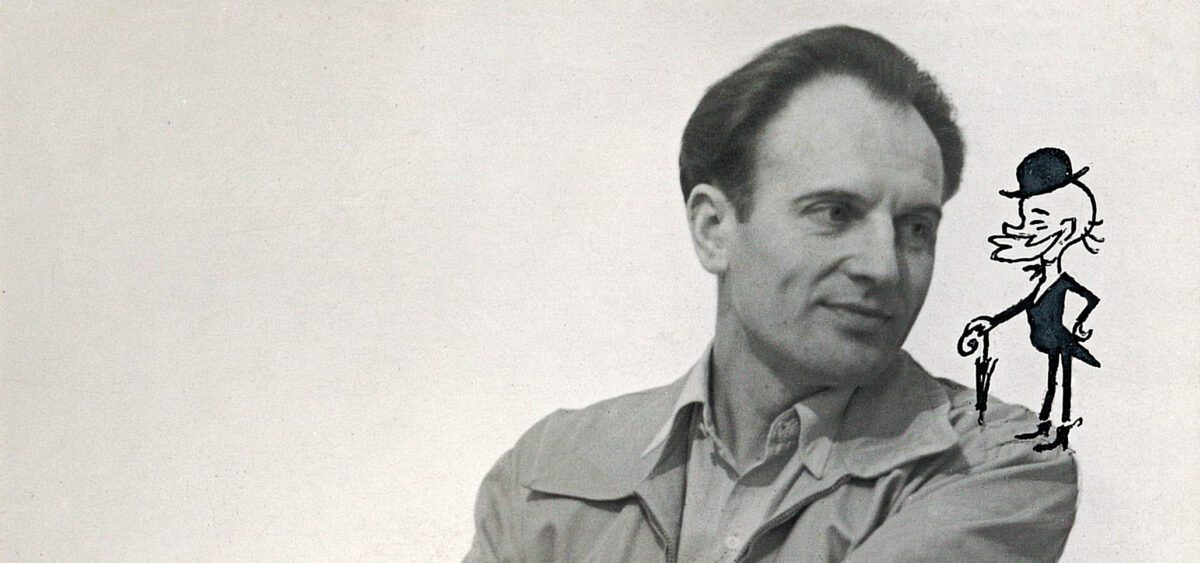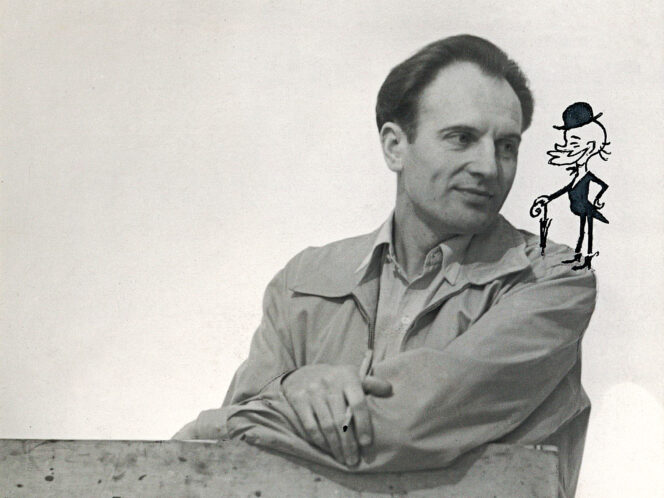
“My father was always in a hurry; he was forever irritated, absent, preoccupied with romantic affairs and coming up with new jokes, which he then ‘tested’ on us regardless of our mood. Always young at heart, he will remain so forever.” Zbigniew Lengren, the celebrated illustrator of “Przekrój” who would celebrate his 101st birthday this February, is remembered by his daughter, Katarzyna.
His parents met before World War I and went on dates to the Zachęta art gallery in Warsaw. My grandmother used to say that this was probably the reason for her son’s artistic talent. She did not have artistic talents herself, and she was also tone deaf – her singing was terrible. However, she was beautiful, with a beauty that reflected the times. She did everything with deliberation, keeping perfect order all around her. She was even able to discipline her genes, that is, to be born with the exact kind of beauty that was fashionable in her time – how typical of her! My father’s father, Juliusz, was also extremely handsome, but he was far from disciplined in his life. Born in Poland to the Swedish Loenngren family (spelled with a double ‘n’), he spoke many languages, each with a comical Swedish accent. Well-educated and sophisticated, he received a commercial attaché job at Cedergren’s telephone company on Zielna Street, on the top-floor of Warsaw’s first skyscraper. Juliusz was bright and intelligent. He sang and played the guitar, loved Viennese cabarets and beautiful women. Everything that was permanent tired him – even marriage.
One of the family photos was taken after their escape from Russia, which was overcome with revolution and civil war. Zbyszek [the diminutive form of Zbigniew – trans. note] is three years old here. He is a weepy, fearful mummy’s boy and is frightened of the photographer. It is probably because of this fear that his legs seem crooked; in reality, they weren’t. His high boots deserve a mention – his father Juliusz made them with his own hands, so that he could ruin his ‘fair white hands’ a little. This served to protect him from accidental execution in the street, where the ‘bourgeoisie’ were often identified by their hands.
